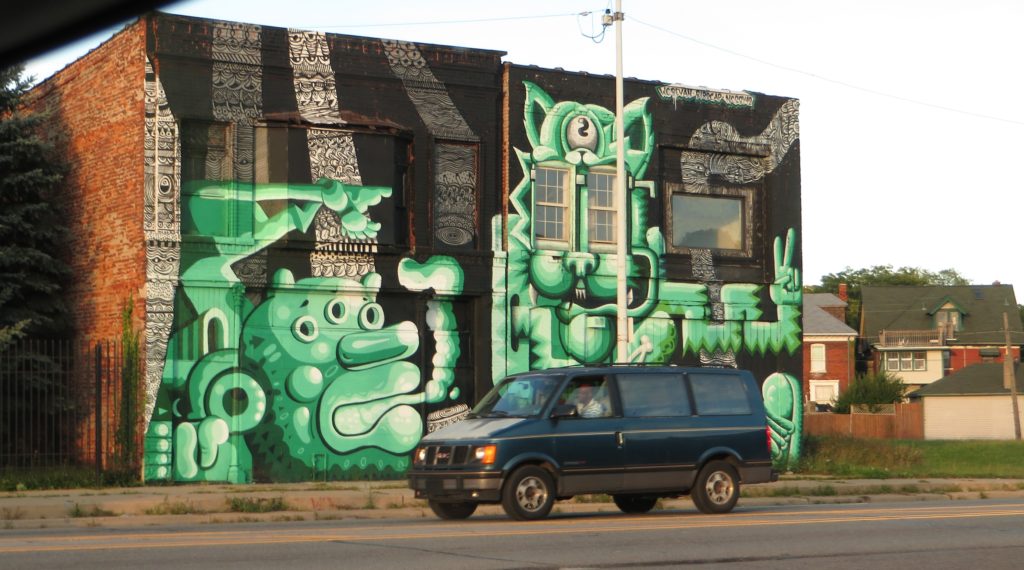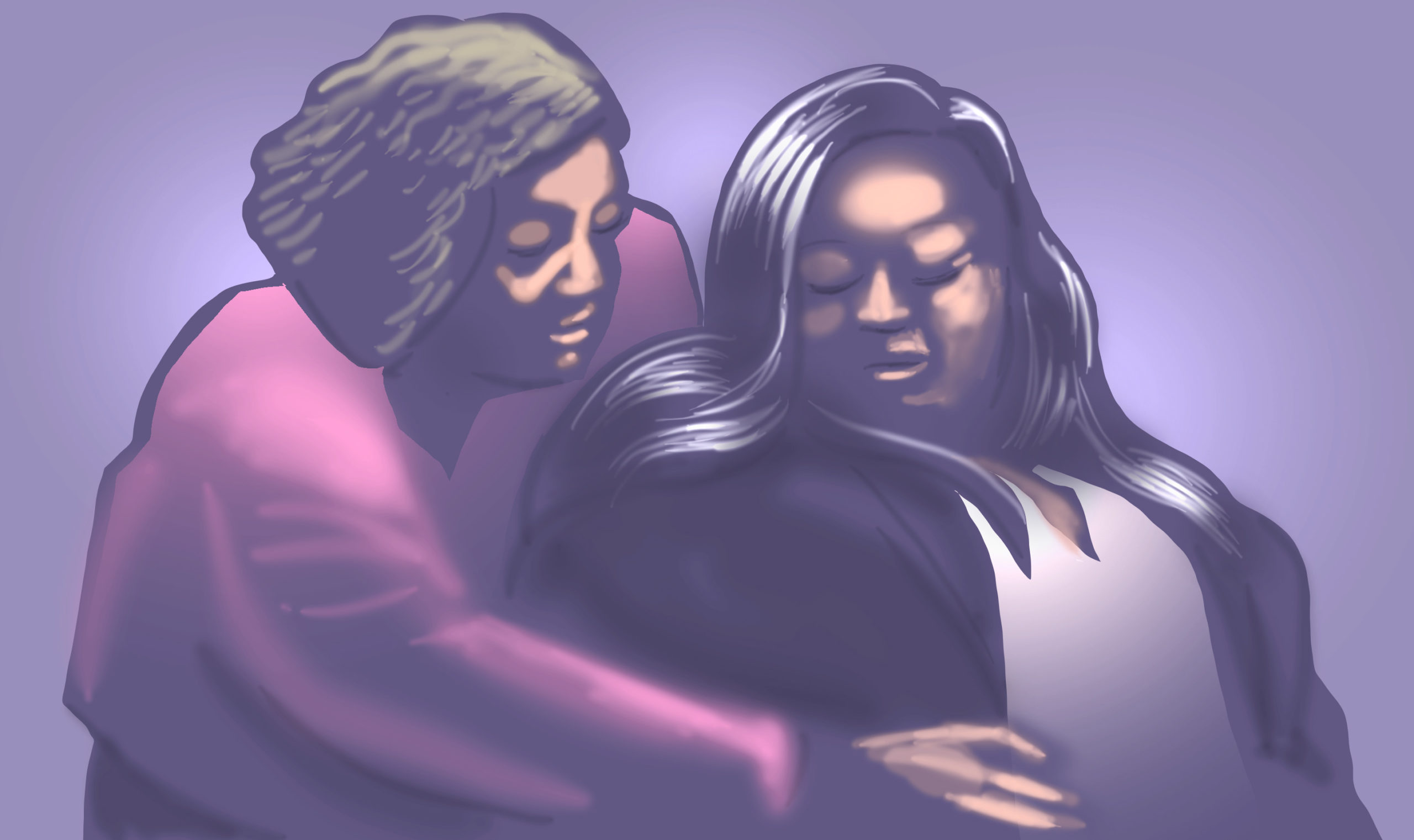‘Domestic terrorist’ better term than ‘militia’ for Michigan style group, experts say
A local TV station’s decision to describe a thwarted plot to kidnap Michigan Gov. Gretchen Whitmer as “domestic terrorism” revived a long-running debate in journalism circles about how such acts are labeled.
“After much discussion in our newsroom, we’ve decided that moving forward, we will be using the term ‘domestic terrorism’ or ‘domestic terrorist,’ rather than militia. We feel these words better define the subjects of the investigation,” WDIV, the NBC-affiliate in Detroit, tweeted Oct. 9..
The investigation referred to one conducted by the F.B.I. on a domestic terrorist group who plotted to kidnap Whitmer. Fourteen members of the terrorist group have now been charged in the case.

WDIV’s tweet has been retweeted over 31.5 thousand times, liked nearly 150 thousand times and commented on approximately 3,700 times, all of which are very high volumes for the station.
Prominent attorney and legal TV personality Adrienne Lawrence responded by saying, “Some newsrooms are getting it,” and “we need more of it.”
Kim Voet, the news director at WDIV, said several people in the newsroom approached her about using “domestic terrorist” instead of “militia.”
To Voet, the decision was simple. The station “decided to go with what was in the federal documents,” she said. “Which was an alleged domestic terrorist attack.”
The issue of how to frame largely, if not entirely, white, right-wing, domestic terrorist groups has long been debated in the journalism community. How to cover terrorism, since the Sept. 11 attacks, has been up for debate in many newsrooms. But the politically charged society Americans live in today is shining a brand new light on the issue.
The Black Lives Matter protests that started in late May led to counter-protests that broke out across the country—leading to white terrorists’, who call themselves patriots, reemergence in the news.
Whitmer was clear on her view on the issue, saying in a tweet, “They’re not ‘militias.’ They’re domestic terrorists endangering and intimidating their fellow Americans. Words matter.”.
She also has been very critical of President Trump’s rhetoric for empowering these types of terrorist organizations, something the president rejected.
Voet agrees that there shouldn’t be much debate, saying, “I don’t know if there are any sides.”
Jeffery Blevins, head of the journalism department at the University of Cincinnati, agreed.
“News media need to do a better job minding their nomenclature in how they describe groups of people who use threats, intimidation, and unlawful violence,” he said.
He continued to discuss a “double-standard” that many of the news media have.
A double-standard has led to terrorist attacks from Muslims being covered, on average, 4.5 times more than non-Muslim terrorist attacks. according to a study published in Justice Quarterly. For perspective, far-right groups were responsible for 67% of terrorist attacks in America this year, according to the Center for Strategic and International Studies report.
“News outlets often seem to describe people of color who engage in that kind of activity as ‘terrorists’ while white people doing the same thing get the softer moniker of ‘militias,'” Blevins said.
Columnist Arwa Mahdawi brought up the same point in an opinion she wrote for the Guardian.
Terrorists are often portrayed as “evil brown people” and thugs as “violent black people.”
In contrast, a “militia” is defined as “misunderstood white men.”
“Much of the media coverage of Whitmer’s would-be kidnappers referred to them as members of a Michigan militia group called Wolverine Watchmen,” she said.
Blevins also noticed this in his following of the news coverage of Whitmer’s kidnapping.
“For crying out loud,” he said. “New York Times headlines described the group of men who plotted to kidnap Michigan’s governor as “militia” and an ‘anti-government group.’’
The headline he refers to was, “F.B.I. Says Michigan Anti-Government Group Plotted to Kidnap Gov. Gretchen Whitmer,” which was the New York Times’ original article reporting on the story.
They would later change their choice of words, referring to the group as “domestic terrorists,” in a different story published later.
Blevins wants journalists and news organizations to treat every case of terrorism the same.
Priya Dixit, professor of political science at Virginia Tech who specializes in terrorism research, said the media should be “consistent” in how they label violent attacks while remaining “cautious about making broad claims,” and “provide context regarding events under discussion.”
She said journalists should be especially careful with the word “terrorist” in any context, pointing out that “labeling individuals/groups as ‘terrorist’ can have legal consequences that, for example, ‘extremism’ does not.” So, she thinks seeing a “call for nuance” in the coverage of these attacks is “a good thing.”
Still, consistency amongst coverage is at the forefront of the discussion.
Blevins posed the question, “Were the men who plotted to kill Americans on 9/11 ‘militia’ or ‘anti-government’?”
His answer: “Of course not, they were ‘terrorists’ and so were the men involved in this plot.”
Zachary Jarrell is an Ohio-based correspondent who is majoring in journalism at the University of Cincinnati (UC). Along with his work at Gateway Journalism Review, he is a Staff Reporter at The News Record, an independent student newspaper at UC, the editor and lead writer of The Blazing Chronicle newsletter and a freelance writer. Find him on Twitter @jarrell_zach


